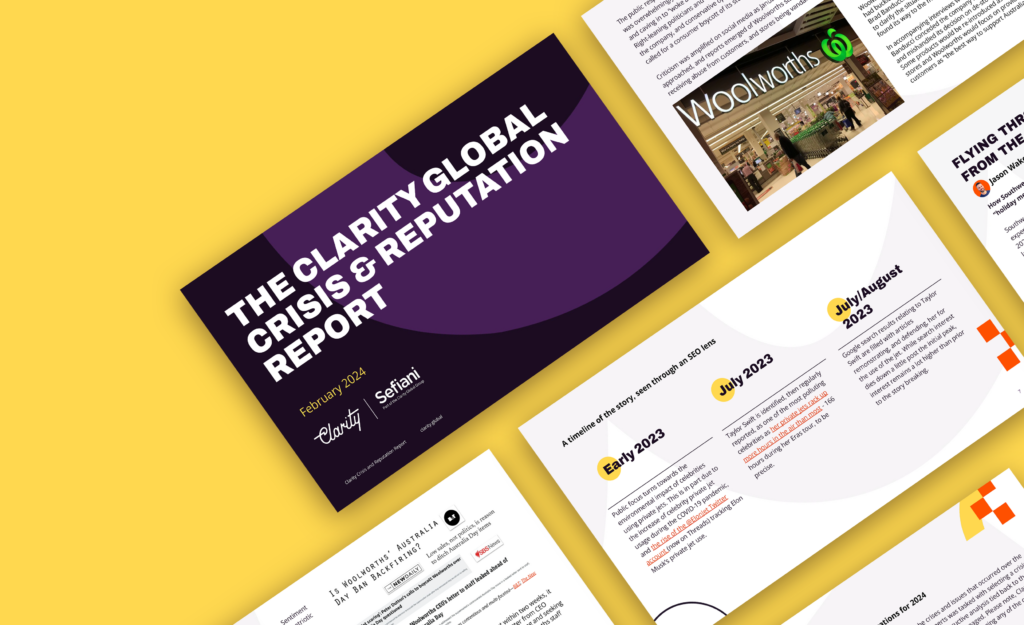The discipline of public relations is changing fast, and this will be to the benefit of everyone: From the end customer; the client; the journalist, to the PR professional. The only ones set to lose out are those who don't anticipate the changes and refuse to adapt their ways of working. So what does the PR agency of the future look like?
Content will play a bigger part
Brands are recognising that they need to offer their customers, fans and advocates better ways to engage with them. While 'earned' media placements give credibility, and paid media (advertising) leads to greater recognition, brands need to go beyond simply having a presence on social media channels to make their audience feel valued. Traditional PRs are (or should be!) great at getting coverage for their clients, but the PR agency of the future will have to pay much more attention to conceiving wider ‘integrated’ campaigns involving interactive video, websites, graphics and the like. These will live on clients' 'owned' channels, and be promoted through social (and possibly paid for advertising) - all of which will require a approach that ties in with the bread-and-butter media relations activities.
They won't be described as 'PR' agencies any more
This move towards content will have other consequences. With both B2B and B2C agencies needing to complement their existing intake of media relations experts by adding specialists in social, journalism and other related disciplines. The wider scope of services will mean that 'PR' becomes an increasingly outdated term, and these masters of spin will change the way they present themselves to potential clients - who will be well aware that they need much more than just media outreach. Clarity London’s MD Sara Collinge summed it up recently by saying "as a job description ‘public relations’ has become far too limiting. Much of what we will do in the future is to assume the role of our clients’ trusted strategic business advisors."
Pitches will be increasingly data driven
While many PRs pride themselves on their contact books and instinct for what works well with specific journalists, the fact of the matter is that no one can have intimate knowledge of every one of their media. Additionally, some announcements need to be sent to a large number of media at the same time, and it isn't practically possible to contact each target individually. While existing media list databases and tools vary in quality, new technologies offer the possibility for them to be much much better, gathering relevant data from each pitch and using it in the future to spare journalists from pesky 'spam', while ensuring only those who will really be interested in a press release will receive it. And, hopefully, the days of "Hi *|FNAME|*" blunders will be consigned to history too.
There will be greater trust between media and PR pros
The result of ever more effective, personalised pitching will be a boost to the relationships that PRs and journalists currently enjoy. While on the whole, the two groups maintain their professionalism and co-exist well (even, believe it or not, becoming friends!), you'll always find the odd complaint from some on either side of the divide. However, as PRs find themselves needing to sharpen up their writing skills and deliver more written content, they will gain a greater appreciation for the craft of their counterparts. On the other side of the coin, some publishing houses will become more reliant on contributed content and will hold higher regard for those PR agencies that can deliver good material and hit deadlines.
They'll have in-house developers
The availability of technology platforms with the flexibility and functionality to boost efficiency within the PR agency of the future will see entirely new job roles created. While many PR agencies currently have IT departments to maintain their systems and keep things running smoothly, very few have (so far) taken on developers to explore new possibilities in changing the way they work. However, I predict that with the expansion of content needs for clients, agencies will require people with technical skills to build apps and websites - and not just on a contractor basis, but on their full-time payroll. This could lead to new ways of increasing not just the service offering of the agency, but productivity too - with bespoke tools to manage client relationships, workflows, and track the ROI of everything they do.
Their work will be more measurable than ever
Of course, a service offering that contains more tangible asset-building components is much easier to measure. Content that has been created for a client’s owned channels - and the interactions it leads to - can be tracked and recorded with a much greater degree of certainty than media coverage. This means that the PR agency of the future can prove its value to a client in real time, without having to wait until a new article appears (or even the quarterly review), to show off what a great job it is doing. Those agencies that do a good job of producing compelling content and making it clear to the client exactly how much value they add to their business will be the ones that win out in the long term.
If you want to find out more about how content combined with media relations can power your new business pipeline as well as significantly increase brand awareness get in touch.
Share this
MORE
INSIGHT
Fearless tactics to achieve your strategic success
As a consultancy, our full-funnel marketing and communications solutions are designed to fearlessly deliver business results across multiple industries and service areas.







